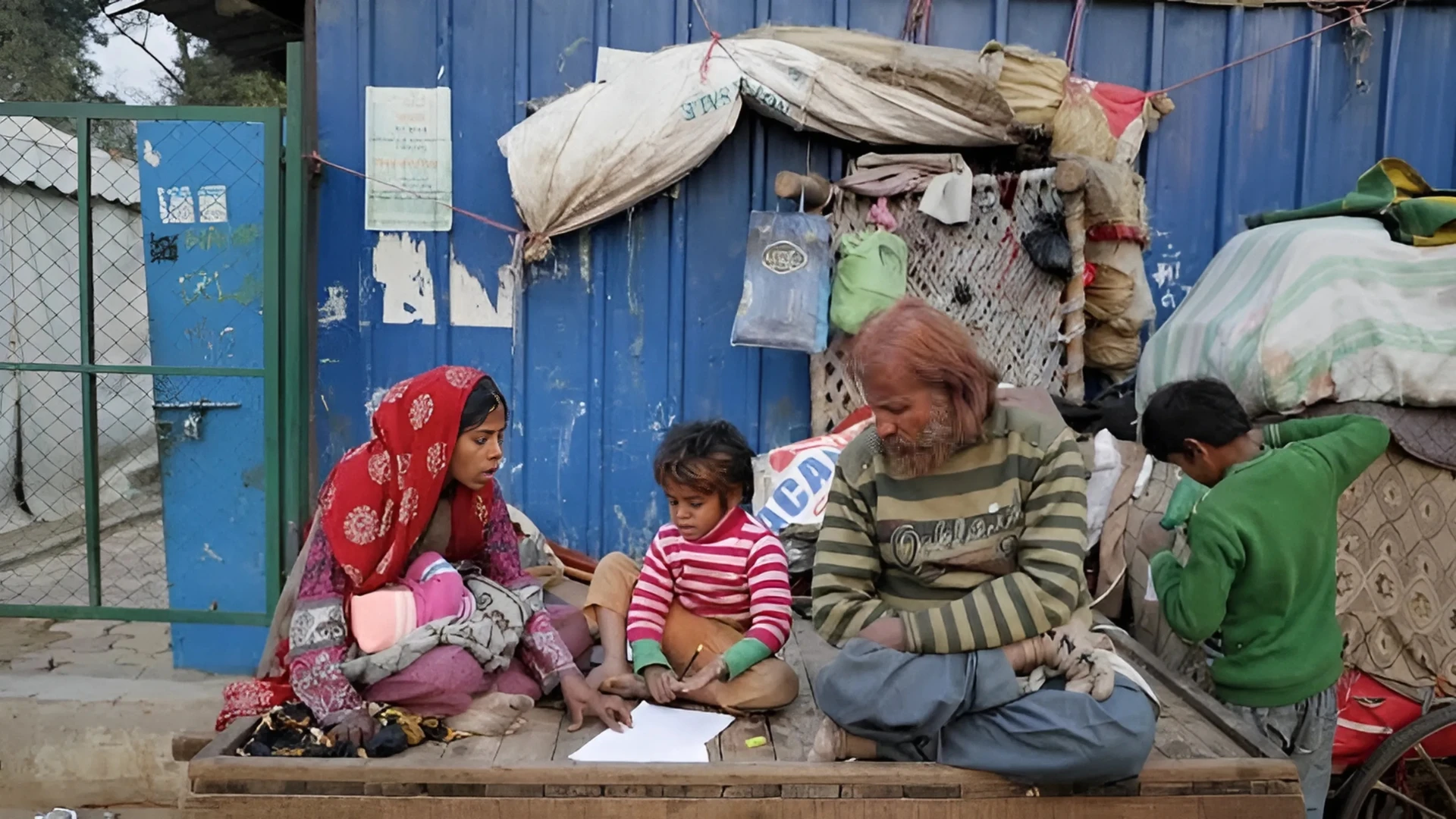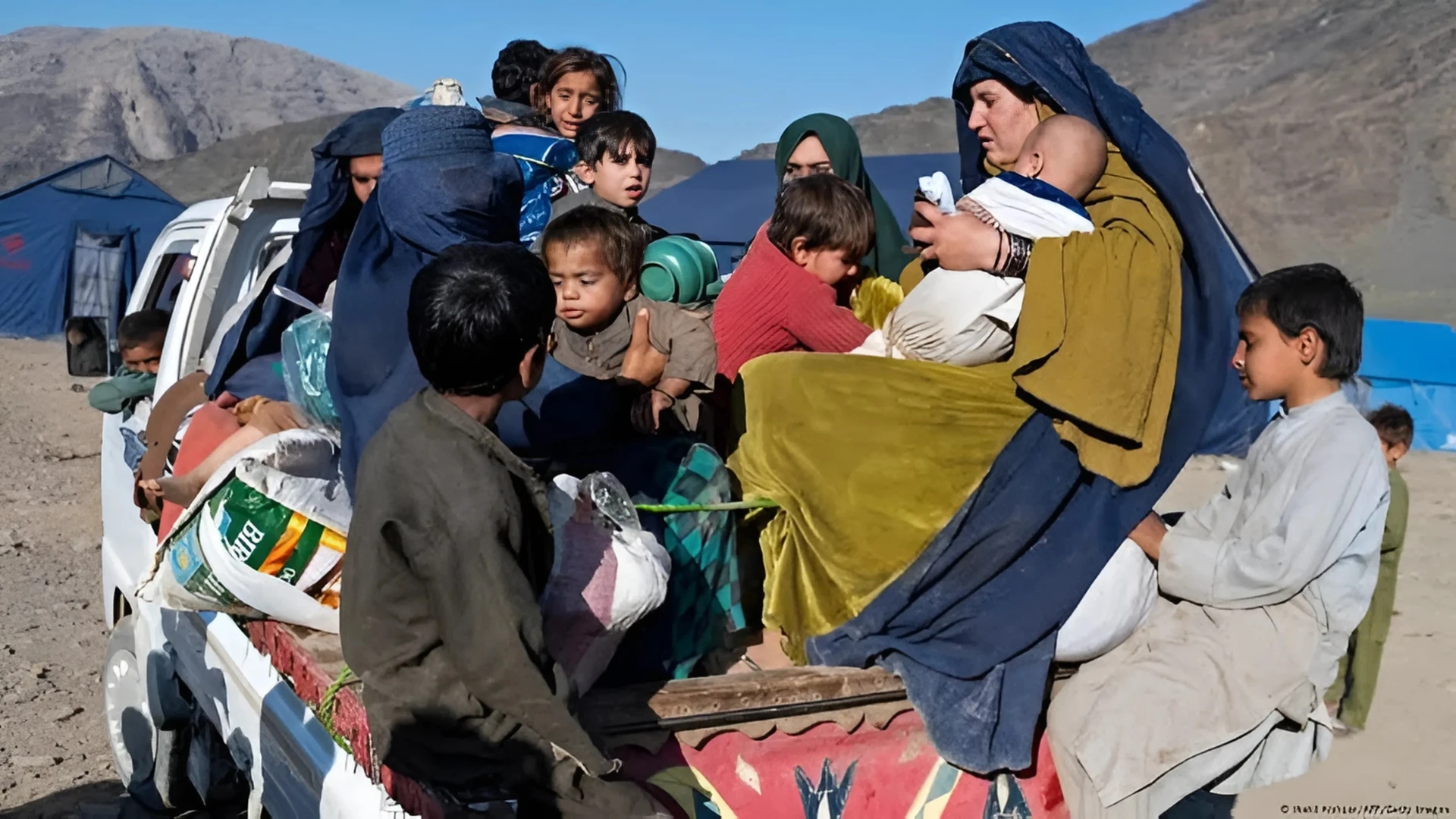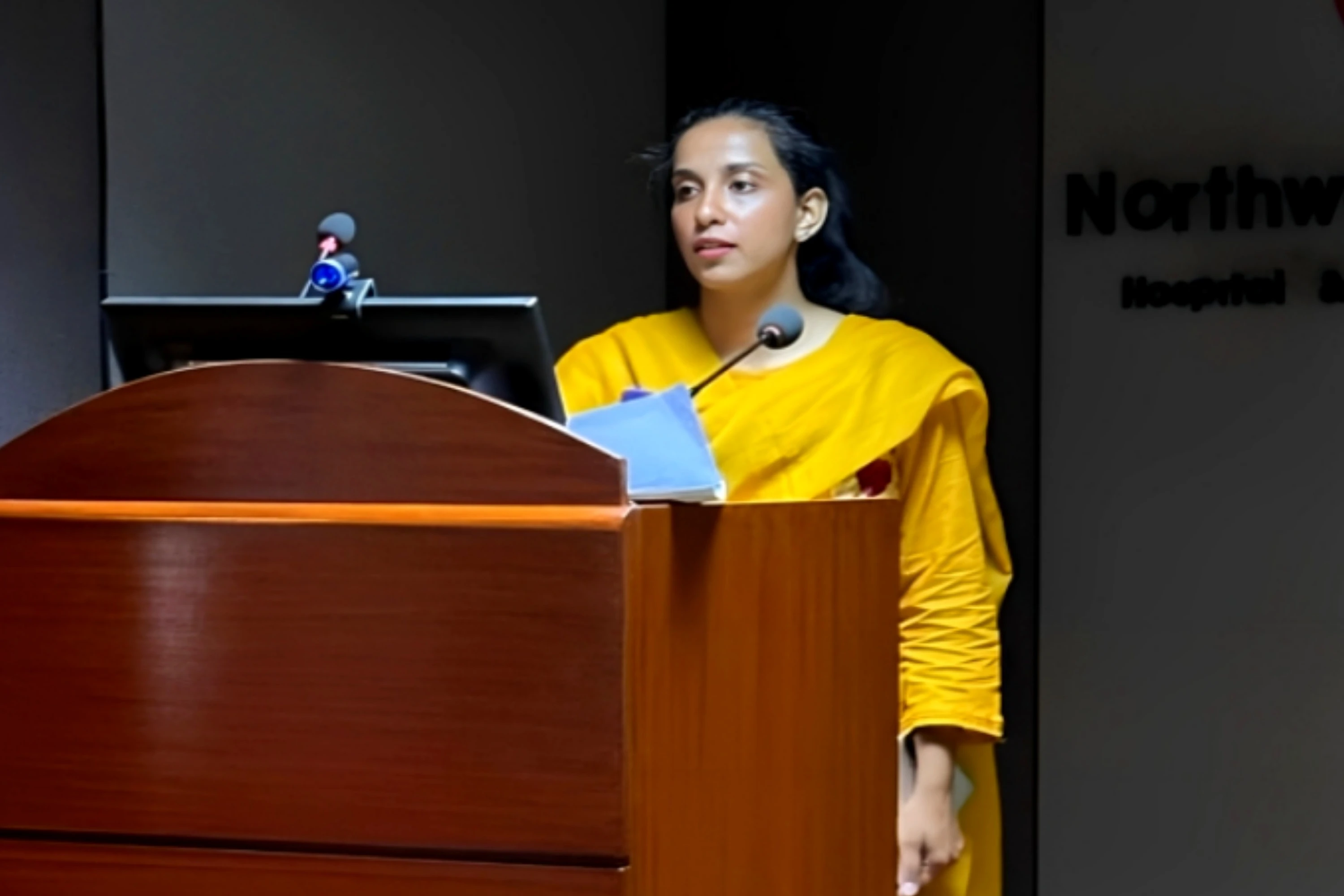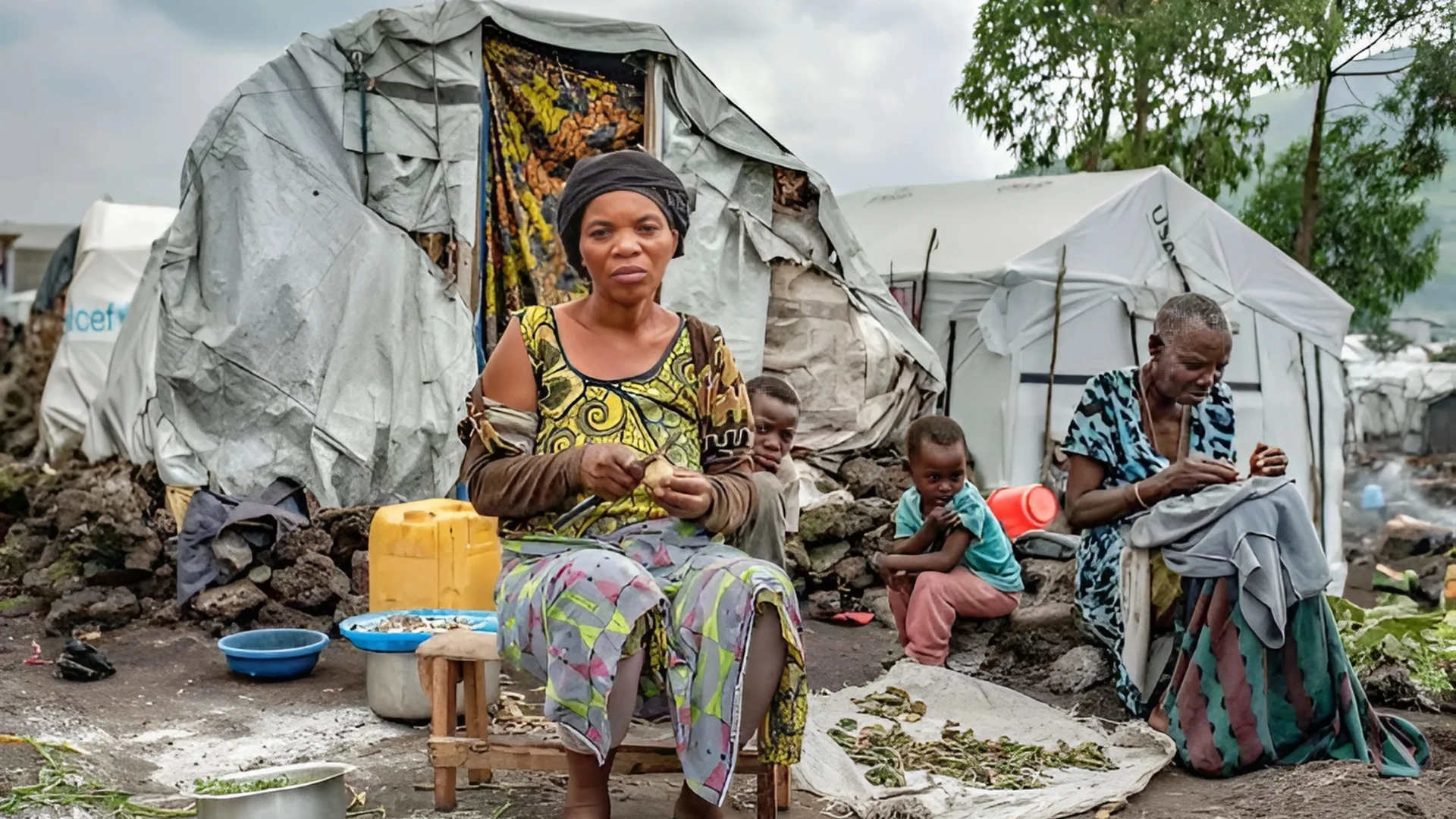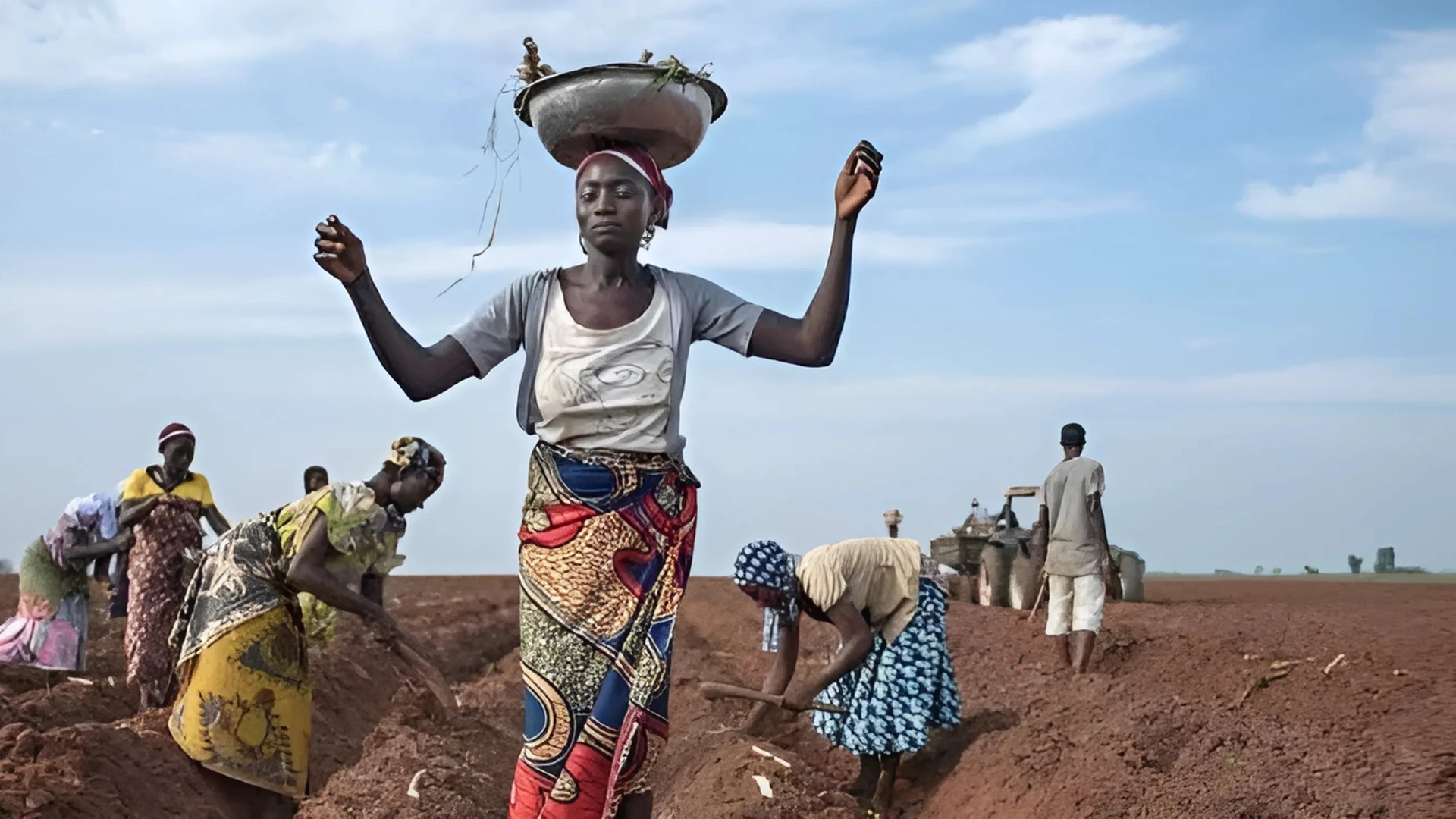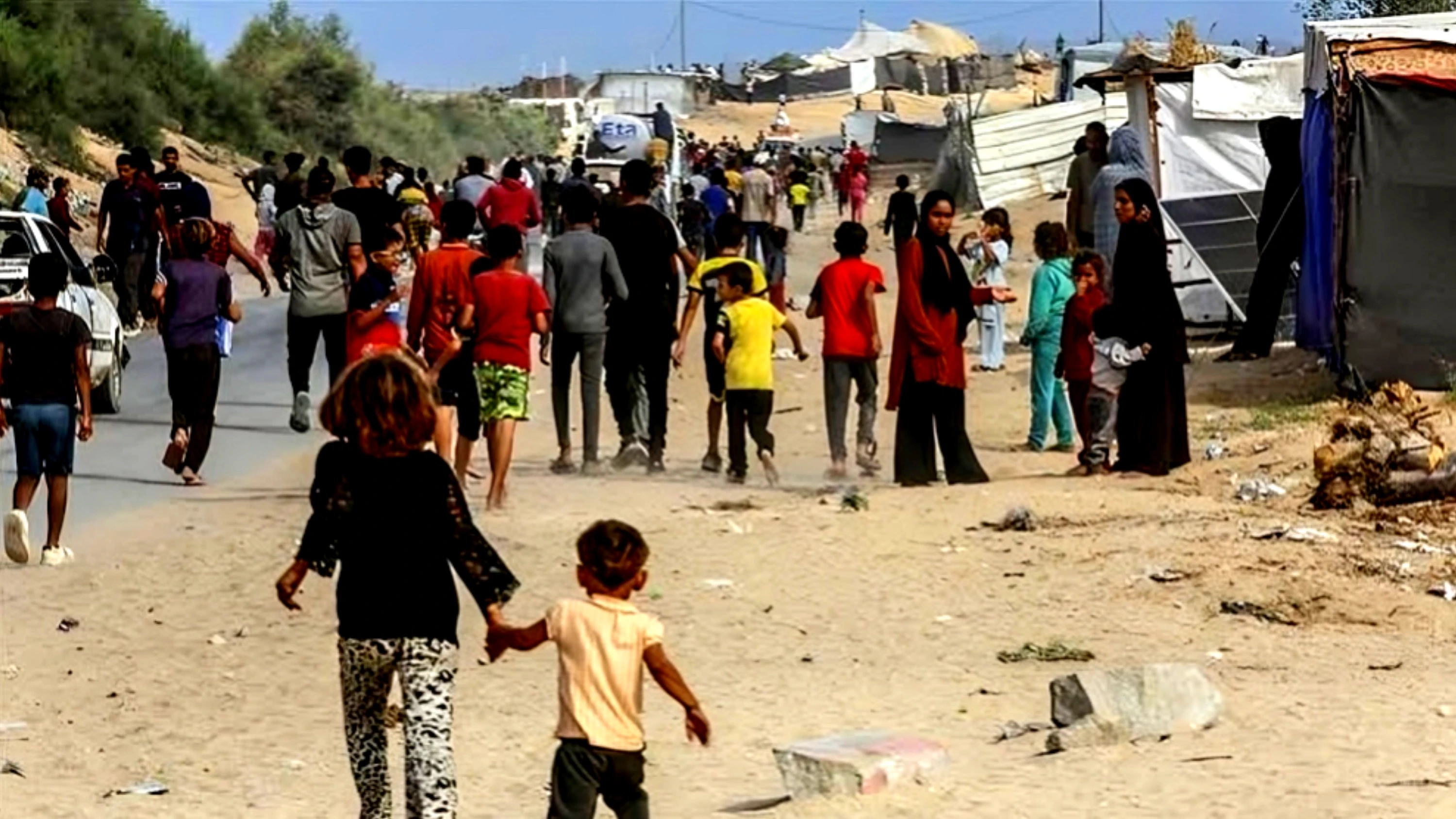Geneva: Drastic reductions in global aid and growing disregard for international cooperation are threatening to reverse decades of hard-won progress in the fight against poverty, a top UN official warned on Wednesday.
Olivier De Schutter, the United Nations Special Rapporteur on extreme poverty and human rights, sounded the alarm ahead of the upcoming Fourth International Conference on Financing for Development (FFD4), set to take place in Seville, Spain, from 30 June to 3 July. In his latest report to the UN Human Rights Council, De Schutter highlighted the urgent need for governments to implement alternative and sustainable financing strategies for social protection.
"As international solidarity erodes, we are witnessing a dangerous chain reaction — one country after another slashing their foreign aid budgets," said De Schutter. "This unraveling of global cooperation is deeply concerning."
De Schutter emphasized that much of the funding once allocated to life-saving development initiatives is now being diverted to military and defense expenditures. According to his report, 2024 marked the first decline in official development assistance in six years, with projections indicating a nearly 20% drop by 2025.
The report outlines how these funding cuts are severely undermining humanitarian efforts, deepening poverty, and leaving vulnerable communities defenseless amid escalating climate disasters.
"We're facing a catastrophic convergence: foreign aid is being scaled back just as the climate crisis is intensifying, destroying livelihoods and assets in minutes," he said.
At FFD4, De Schutter is urging governments to adopt innovative financial mechanisms such as wealth taxes, international tax reforms, and solidarity levies on sectors like transportation and finance. He also called for the establishment of a Global Fund for Social Protection to ensure stable and long-term funding for social safety nets in developing countries.
"More than 90% of people in the world's poorest nations lack any form of social protection, leaving them utterly exposed to climate shocks they did not cause," he said.
De Schutter’s research ahead of FFD4 indicates that the international community could raise up to US$759.6 billion annually—more than double what is needed to provide comprehensive basic healthcare and income support in the 26 poorest countries.
"Social protection is not only essential in lifting people out of poverty — it is also our strongest line of defense against the climate crisis," he noted. "This is an opportunity for world leaders to push back against the erosion of global solidarity, respond to the climate emergency, and uphold the rights of the world’s most vulnerable."


